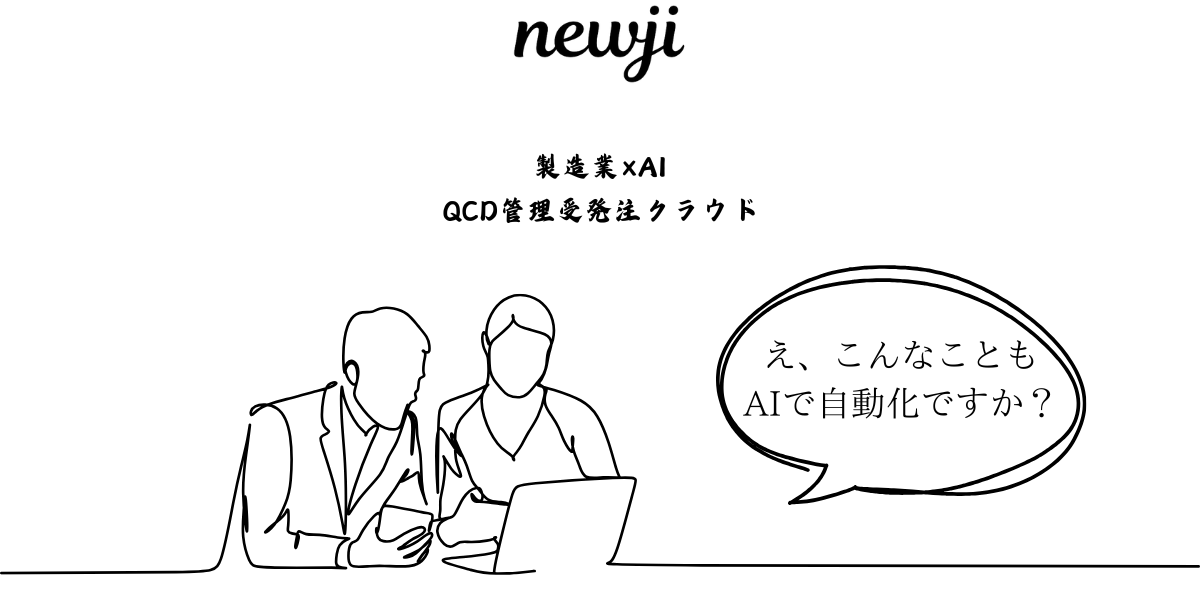- お役立ち記事
- Supporting the manufacturing of precision products by procuring ceramic materials (plate materials) for NTC thermistors

Supporting the manufacturing of precision products by procuring ceramic materials (plate materials) for NTC thermistors

目次
Introduction to NTC Thermistors
NTC thermistors, or Negative Temperature Coefficient thermistors, play a pivotal role in various industries due to their efficiency in temperature measurement and control.
These sensitive and precise devices are widely used in applications ranging from household appliances to advanced industrial systems.
Understanding the materials and procurement processes involved in manufacturing NTC thermistors is vital to ensuring their reliability and performance.
The Role of Ceramic Materials in NTC Thermistors
Ceramic materials are at the heart of NTC thermistors.
These materials influence the thermistor’s temperature sensitivity and overall performance.
In fact, the material composition determines how the thermistor reacts to temperature changes.
Ceramics used in thermistors typically exhibit stability over wide temperature ranges, making them ideal for precision applications.
The choice of ceramic material affects key characteristics of the thermistors, such as resistance value, thermal time constant, and mechanical strength.
When procuring ceramic materials for NTC thermistors, manufacturers must ensure the highest standard of purity and consistency to maintain the quality of the final product.
Importance of Material Procurement
Procuring ceramic materials for NTC thermistors is a critical step in the manufacturing process.
The right materials ensure that the thermistors can accurately monitor and respond to temperature variations.
Manufacturers must select suppliers who can consistently provide high-quality ceramic plates tailored to their specific requirements.
Vendor selection is important as it affects the entire supply chain.
A reliable supplier ensures a steady flow of materials that meet stringent standards.
This reliability directly impacts production schedules and the ability to meet customer demands.
Key Considerations in Ceramic Material Procurement
When sourcing ceramic materials for NTC thermistors, manufacturers must consider several factors:
1. **Material Specifications:**
The ceramic materials must meet specific thermal and electrical properties that align with the design parameters of the thermistor.
2. **Quality Assurance:**
Rigorous quality checks are essential to verify the purity and performance of the ceramic materials.
Suppliers should provide documentation and testing results that certify compliance with industry standards.
3. **Cost Effectiveness:**
While quality is paramount, manufacturers must also consider cost.
Procuring materials at competitive rates without compromising on quality is crucial for maintaining a healthy profit margin.
4. **Supplier Reliability:**
Establishing long-term relationships with trustworthy suppliers mitigates the risk of supply chain disruptions.
Manufacturers should evaluate the supplier’s track record, delivery capabilities, and commitment to quality.
Impact of Ceramic Materials on Thermistor Performance
The performance of NTC thermistors is directly influenced by the quality of ceramic materials used.
High-quality ceramics enhance the thermistor’s ability to quickly and accurately register temperature changes.
They also contribute to the longevity and durability of the device, making it more reliable for consumers over extended periods.
Moreover, superior ceramic materials enable the production of thermistors with a wide range of resistance values.
This adaptability allows manufacturers to cater to various industry-specific requirements, expanding their market reach.
Technological Advancements in Ceramic Materials
Recent advancements in ceramic technology have further improved the capabilities of NTC thermistors.
Innovations in ceramic composition and processing methods have resulted in materials with enhanced electrical properties and thermal stability.
These developments open new possibilities for more compact and efficient thermistors that can be used in cutting-edge applications such as wearable devices and the automotive sector.
Conclusion
Supporting the manufacturing of precision products by procuring the right ceramic materials is essential for the success of NTC thermistors.
The procurement process involves careful consideration of material quality, supplier reliability, and cost-effectiveness.
Manufacturers must remain vigilant in maintaining the standards of their materials to produce thermistors that meet the high demands of accuracy and reliability required in today’s industries.
The continued advancement in ceramic technology will undoubtedly fuel further innovations in NTC thermistor design and applications.
By prioritizing material quality in the procurement process, manufacturers can ensure the successful production of thermistors that cater to diverse and evolving market needs.
 資料ダウンロード
資料ダウンロード
QCD調達購買管理クラウド「newji」は、調達購買部門で必要なQCD管理全てを備えた、現場特化型兼クラウド型の今世紀最高の購買管理システムとなります。
 ユーザー登録
ユーザー登録
調達購買業務の効率化だけでなく、システムを導入することで、コスト削減や製品・資材のステータス可視化のほか、属人化していた購買情報の共有化による内部不正防止や統制にも役立ちます。
 NEWJI DX
NEWJI DX
製造業に特化したデジタルトランスフォーメーション(DX)の実現を目指す請負開発型のコンサルティングサービスです。AI、iPaaS、および先端の技術を駆使して、製造プロセスの効率化、業務効率化、チームワーク強化、コスト削減、品質向上を実現します。このサービスは、製造業の課題を深く理解し、それに対する最適なデジタルソリューションを提供することで、企業が持続的な成長とイノベーションを達成できるようサポートします。
 オンライン講座
オンライン講座
製造業、主に購買・調達部門にお勤めの方々に向けた情報を配信しております。
新任の方やベテランの方、管理職を対象とした幅広いコンテンツをご用意しております。
 お問い合わせ
お問い合わせ
コストダウンが利益に直結する術だと理解していても、なかなか前に進めることができない状況。そんな時は、newjiのコストダウン自動化機能で大きく利益貢献しよう!
(Β版非公開)

